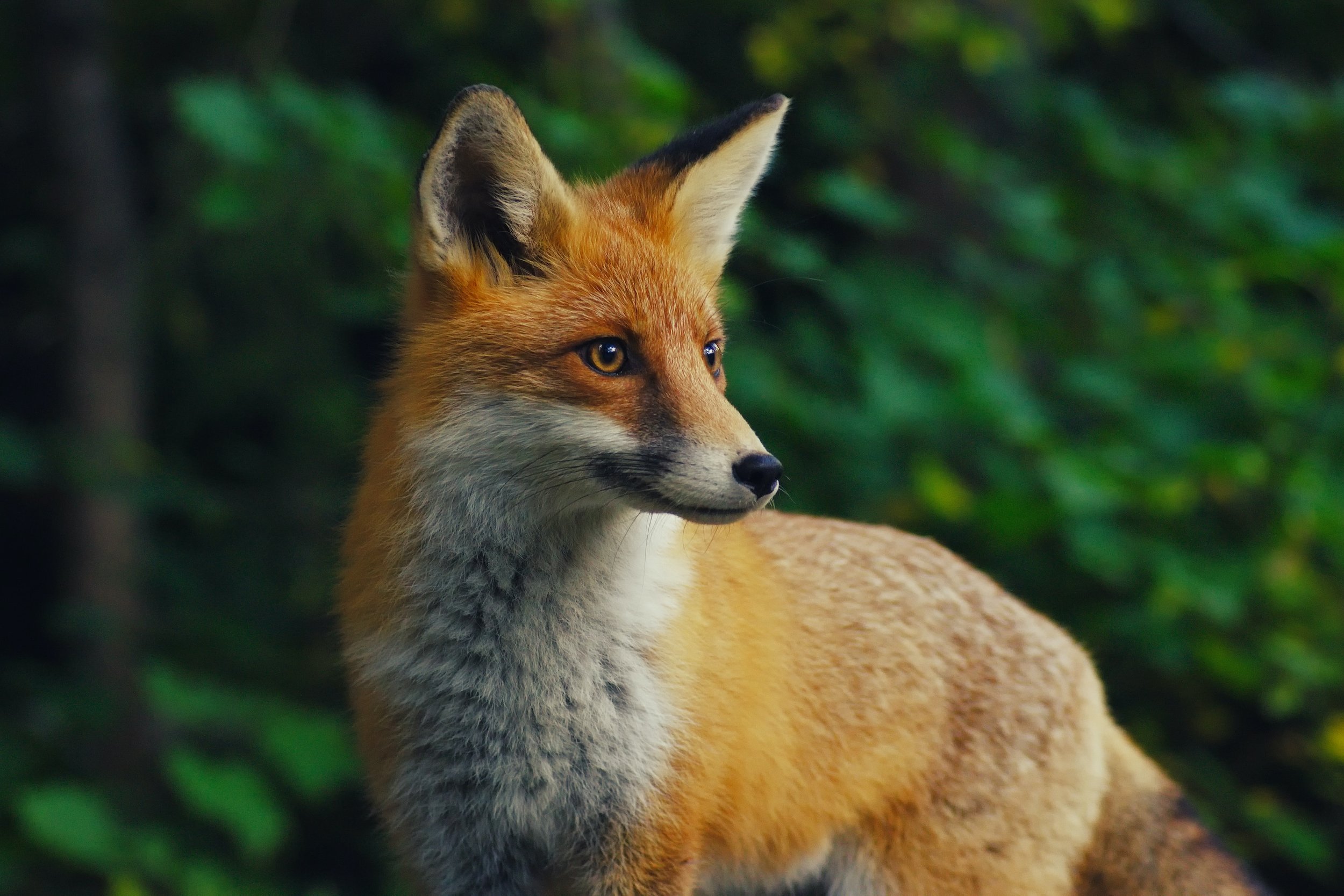Latvia Bans Fur Farming
The move towards a fur-free Europe is edging closer, as campaigners say there is an “unrelenting tide” against the breeding and sale of fur on the continent.
Fur farming has been banned in the European country of Latvia, bringing the continent one step closer to a fur-free Europe.
On 22nd September, the Latvian Parliament passed a vote that calls for a complete ban on the breeding of fur animals, which will come into force in 2028.
Across the European Union (EU), fur farming has become increasingly unpopular in recent years, due to increased awareness around animal welfare, as well as the health and environmental risks associated with the industry.
That trend has been reflected in falling consumer demand for fur products and a wave of countries announcing bans on fur farms.
With this latest ban, Latvia becomes the 15th country within the EU to outlaw fur farming.
The move comes after several years of ever decreasing numbers of animals being raised on fur farms in the country. Figures show that 617 thousand animals were kept in Latvian fur farms in 2017, falling to 580 thousand in 2020, and 274 thousand in 2022.
Photo: Jo-Anne McArthur/We Animals Media
“What we are witnessing across Europe is an unrelenting tide in favor of banning fur farms”, says Thomas Pietsch, Head of Wild Animals in Entertainment and Textiles at campaign group FOUR PAWS. “Fur farming is outdated. It is needless, inherently cruel, and it is a health risk to the public, as we have seen over the COVID-19 pandemic.”
FOUR PAWS were among those welcoming the news from Latvia, and explained that the ban will help save over 300,000 mink, and several hundred foxes and chinchillas who are killed for their fur in Latvia every year.
A Fur-Free Future for Europe
Latvia now joins a growing list of more than a dozen EU countries, including Austria, Belgium, Luxembourg, the Netherlands, Norway, Slovenia and the United Kingdom that have prohibited fur farming.
Many major fashion brands including Gucci, Michael Kors, Burberry, Dolce & Gabbana, and Moncler have removed fur from their collections in favor of more ethical and eco-conscious materials, while the former CEO of the Fur Trade Association has denounced the animal cruelty inherent in the fur trade as “indefensible”.
Despite this progress, around 100 million animals including coyotes, minks, raccoon dogs, and chinchillas, are still killed for their fur every year as part of the global fur trade. Animals are typically kept in cramped conditions where cannibalism and neurotic behavior is not uncommon. To harvest their fur, the animals are bludgeoned, skinned alive, electrocuted, or gassed. As well as animal welfare concerns, opponents of the trade say that the industry is detrimental to the environment, particularly with water pollution, land degradation, and greenhouse gas emissions.
The Fur Free Europe European Citizens’ Initiative is calling on the EU to ban all fur farming and the import of farmed fur products across the continent. A petition by the initiative closed earlier this year after registering more than 1.7 million signatures from EU citizens in support of a fur ban, and the signatures will now be presented to the European Commission for a response.
Take Action Against Fur
Join Species Unite today in calling on Max Mara to end their sale of fur - add your name to our petition here. And to learn more about the future of animal-free fur, listen to our Species Unite podcast episode with Kym Canter, the founder and creative director at House of Fluff, a New York City-based, animal free, material innovation studio and outerwear brand.
We Have A Favor To Ask…
Species Unite amplifies well-researched solutions to some of the most abusive animal industries operating today.
At this crucial moment, with worldwide momentum for change building, it’s vital we share these animal-free solutions with the world - and we need your help.
We’re a nonprofit, and so to keep sharing these solutions, we’re relying on you - with your support, we can continue our essential work in growing a powerful community of animal advocates this year.
More stories:
Species Unite
A collection of stories of those who fight the good fight on behalf of animals.






A new study has revealed a landmark process that can now create bigger pieces of whole meat - without needing to farm an animal.